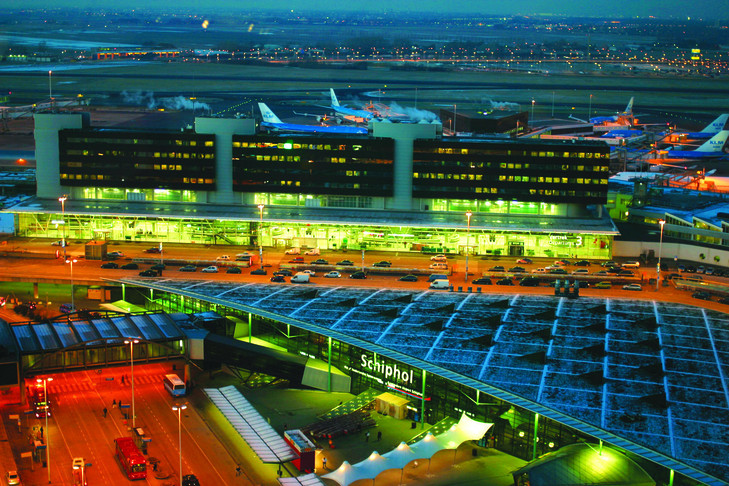ESC points to problems in slot allocation for all-cargo services
21 / 02 / 2018

The European Shippers’ Council (ESC) has encouraged national governments to look closely into the continent’s slots allocation problem.
It has pointed to the fact that members of various European nations’ national parliaments are already discussing criteria that relate to slot allocations, such as sustainability, noise reduction and economic output of flights, but feels that they can also make their influence felt directly in the problem of slot availability that the aviation industry is currently seeing at many airports.
The capacity problem at numerous European airports has been caused in the main by the general growth in the global aviation industry, with some major gateways now having actually reached their capacity limits: these include, ESC noted, Hong Kong, Beijing, Mexico City, London Heathrow and perhaps most notably of late Amsterdam Airport Schiphol.
At many airports, the problem has led to conflict between home carriers, low cost carriers and freighter operators for maintaining their position, it pointed out.
Thus, for example, Schiphol’s air cargo community were moved to call on Dutch politicians to implement a ‘local rule’ proposal to end the aircraft slot crisis at Europe’s number three cargo hub. Schiphol’s slot restrictions, which have been sufficiently severe to entice some freighter aircraft operators to switch flights to rival European hubs.
ESC believes that cargo carriers are losing ground at many locations such as Schiphol, because of the 80/20 regulation for maintaining slot rights, which comes into effect when there is more demand for slots that supply (the 80/20 rule stipulates that a carrier must use its allocated slot 80% of the time or risk losing it).
The regulation ensures a non-discriminatory way of re-allocating slots at national airports but it doesn’t take into account the complexity of cargo flights – and, particularly, the fact that if its cargo is not ready, a freighter will not take off.
Governments could interfere with the slot allocation process, ESC argued. They could ensure that different flight types – of home carriers, low cost carriers (LCCs) and cargo carriers – are well represented at major airports.
The criteria such as sustainability, noise reduction and economic output of a given flight could be used for in the slot selection process without making it discriminatory, ESC considers.
Certainly, the output of all-cargo services in terms of the employment they create and economic benefit they bring is much higher than what LCC flights offer.
This factor would go in favour of full freighter services that are now suffering from capacity restrictions, ESC pointed out.
Read more cargo airport news














